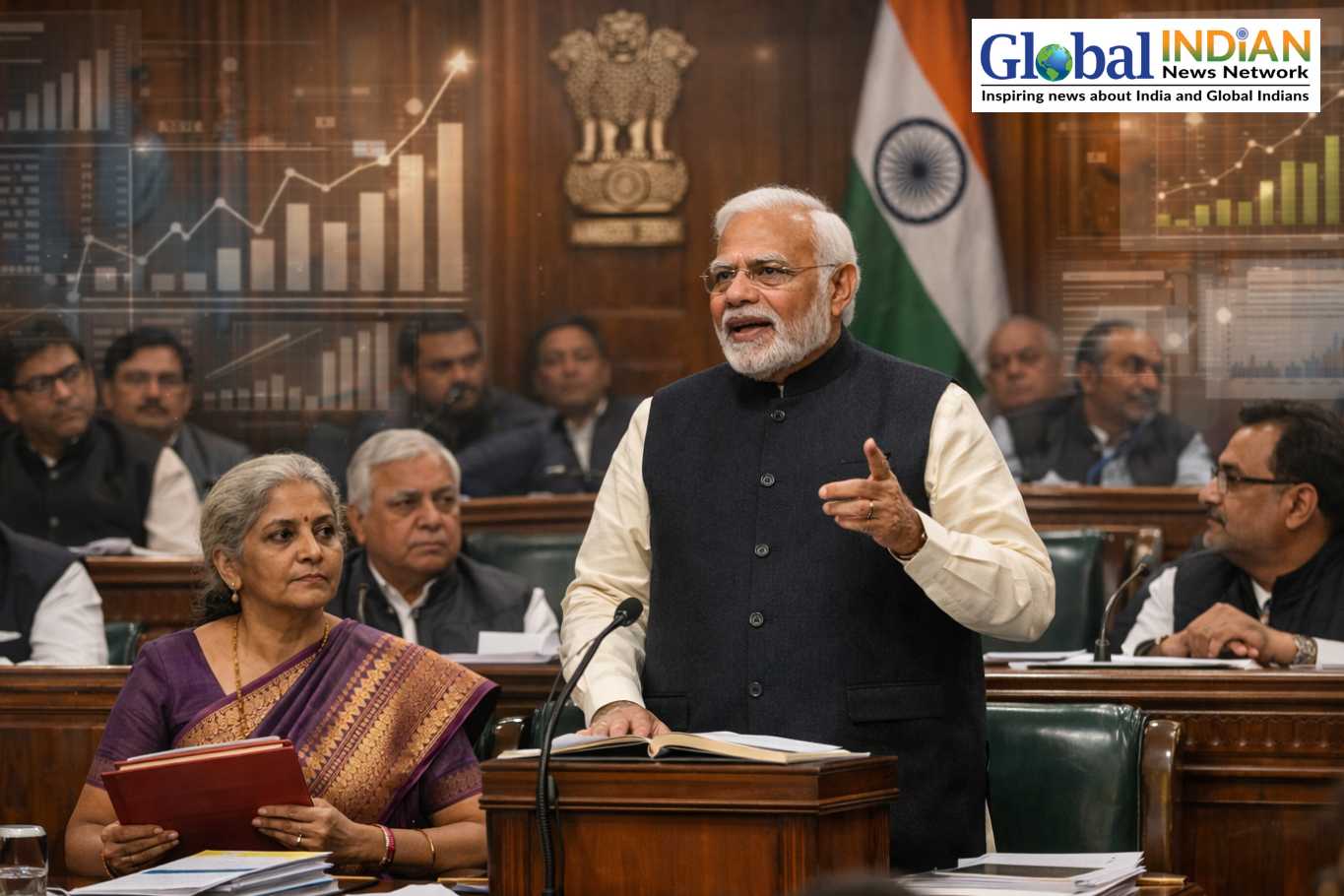
An assessment conducted by CareEdge Ratings highlights a significant transformation in India’s automotive sector, witnessing a notable shift from conventional fuel-powered vehicles to alternative fuel options. In the period from 2020 to 2023, the proportion of petrol vehicle sales decreased from 86% to 76%, while diesel vehicle sales experienced a slight decline from 12% to 11%. Conversely, sales of alternative fuel-driven vehicles soared by over 400% in CY 2023. This surge is attributed to the rising popularity of electric vehicles (EVs), driven by government incentives and declining battery costs, with a target of achieving 30% of all vehicle sales as electric by 2030. To facilitate this transition, the Indian government is incentivizing the development of charging infrastructure through subsidies and grants.
Despite the initial higher costs, EVs offer reduced lifetime expenses, rendering them increasingly competitive, particularly with the recent injection of US$ 180 million (Rs. 1,500 crore) in FAME-II funding. Arti Roy from CareEdge Ratings perceives this as a pivotal juncture for India’s automobile industry, where EVs and compressed natural gas (CNG) pose a challenge to the dominance of petrol and diesel vehicles. The Union Government’s approval of a comprehensive scheme on March 15 further underscores India’s commitment to becoming a global EV manufacturing hub, emphasizing indigenous production and cutting-edge technology. This initiative is designed to stimulate investment, foster competition, and achieve economies of scale, thereby lowering production costs and advancing the Make in India initiative.











